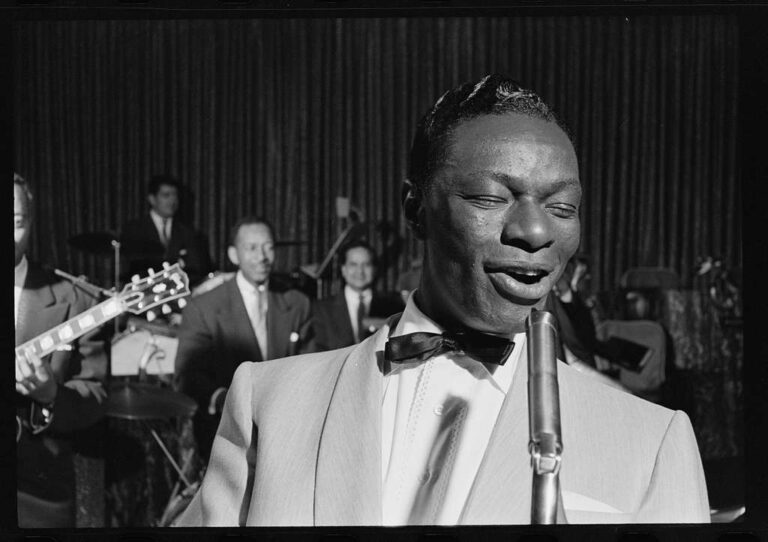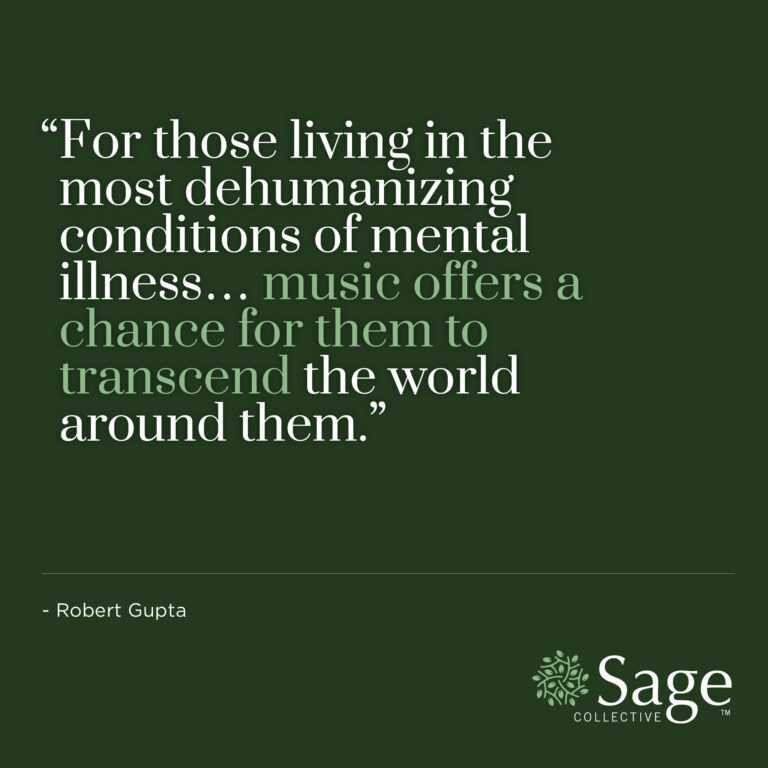The Healing Power of Melody and Rhythm
Music transcends mere entertainment, serving as a universal language that speaks to the soul. Its profound impact on human emotions and cognitive functions has been recognized for centuries, leading to the development of music therapy as a powerful tool for healing and wellness. At Sage Collective, we explore the intricate ways in which music therapy harnesses melody and rhythm to foster health, offering valuable insights for audiences seeking to understand its benefits, particularly for older adults.
The Essence of Music Therapy
Music therapy is a clinical and evidence-based practice that uses music interventions to accomplish individualized goals within a therapeutic relationship. It addresses physical, emotional, cognitive, and social needs, providing a holistic approach to wellness. For older adults, music therapy offers a versatile means of improving quality of life, whether it’s through reminiscence, movement, relaxation, or cognitive exercises.
Emotional and Psychological Benefits
One of the most immediate effects of music therapy is its capacity to enhance mood and alleviate symptoms of depression and anxiety. Familiar tunes can evoke memories, transporting individuals to moments of joy and comfort from their past. This connection not only combats loneliness but also strengthens identity and personal history. Moreover, active participation in music-making can empower individuals, providing a sense of achievement and boosting self-esteem.
Cognitive and Memory Support
Music therapy plays a significant role in cognitive health, particularly for those experiencing memory loss due to conditions like dementia and Alzheimer’s. The rhythm and repetition inherent in music aid in memory recall, helping patients remember lyrics and melodies long after other memories have faded. Furthermore, music therapy can stimulate cognitive function, encouraging focus and engagement through listening, singing, or playing instruments.
Physical Health and Rehabilitation
The benefits of music therapy extend to physical health, aiding in the rehabilitation of individuals recovering from strokes or other conditions that affect motor skills. The rhythm of music can facilitate movement and coordination, improving gait and hand-eye coordination. Additionally, the soothing properties of melody can lower blood pressure, reduce heart rate, and alleviate pain, contributing to overall physical well-being.
Social Connection and Intergenerational Bonding
Music therapy also fosters social connections, bridging gaps between generations and promoting shared experiences. In group settings, music serves as a communal activity that encourages interaction and cooperation. For older adults, these connections are vital, enhancing a sense of belonging and community. Intergenerational music therapy sessions can further enrich this experience, allowing older adults to connect with younger participants through a shared love of music.
Incorporating Music Therapy into Everyday Life
While professional music therapists offer tailored interventions, the principles of music therapy can be applied in everyday life to enhance well-being. Creating personalized playlists of favorite or meaningful songs can serve as a simple form of self-care. Engaging in communal music activities, whether it’s attending concerts, singing in a choir, or participating in drum circles, can provide both the therapeutic benefits of music and the joy of social engagement.
Conclusion: A Symphony of Wellness
Music therapy stands as a testament to the healing power of melody and rhythm, and makes it an invaluable tool for enhancing the quality of life, especially among older adults. As we continue to explore innovative ways to support wellness at Sage Collective, the harmony of music therapy resonates as a clear, melodious call to soothe, inspire, and heal.





